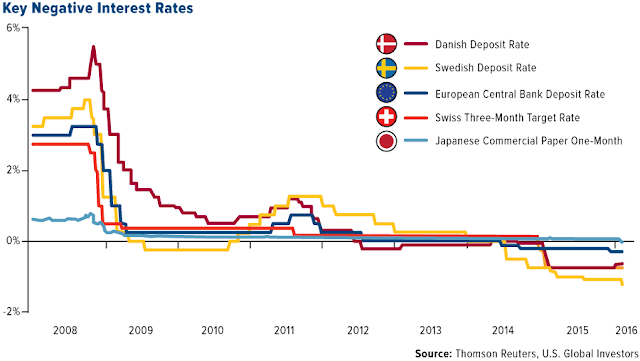8 key trends Spring 2016
 |
| Coastal permafrost collapsing. Source: USGS Alaska Science Center |
I have been away from blogging for a while but decided to try and pick it back up today. So much has happened this spring that I haven't been able to write about so I decided to pick out some key trends/headlines that I found most important.
1 - Civil war in Turkey!? Turkey houses some 2.6 million Syrian refugees, out of the more than 4.7 million Syrians who have fled their country’s civil war. Turkey is also currently engaged in the conflict in Syria fighting (US supported) Syrian kurds more than ISIS due to fears of escalating internal conflict. But the Turkish strategy backfired as three suicide bombings in three cities killed 150 people and shocked the nation. Experts now fear that the Turk-Kurd conflict inside Turkey could turn into a full blown civil war if hostilities keep increasing. Erdogan is supposed to have asked Obama to halt support to the Syrian kurds YPG which has close historic ties with the Turkish kurds, PKK. However, that has not happened since the YPG is fighting ISIS, and so the confusing war in Syria continues while another one is brewing in Turkey.
2 - Extreme February Temperature Anomaly shows worrying signs of a potential non-linear response to continued global warming, but probably due to a strong El Niño. According to NASA scientists the average global temperature in February was about 0.5 degrees Celsius warmer than the previous record set in 1998 and 1.35 degrees above the 1951-80 average. The average global atmospheric CO2 level reached 402.59 ppm, according to NOAA. Vietnam, Zimbabwe and Fiji suffered major economic losses from February droughts and storms as reported by Wunderground.
3 - How the refugee crisis turned out to be a major preparedness crisis. A prime minister that was invisible when the crisis erupted. A director-general that played golf and ran marathons. Prognoses which were completely wrong, greatly underestimated the number of refugees. Total lack of coordination and pressing decisions that were put on hold. The Swedish government's handling of the refugee crisis has been a complete mess. Politicians kept denying the facts until there were no more beds, no more supplies and no willingness to comply. And so they had to change policy. On the 4th of January border patrol with ID-control between Denmark and Sweden was enforced, delaying all traffic with some 20-60 minutes every day. According to the Immigration Office some 81% of refugees lack any kind of identification papers when they arrive. It is still too early to tell the consequences of such major mismanagement of a country.
4 - The Panama Papers Scandal shows just how widespread and pervasive tax evasion and government corruption is at the moment, from prime ministers to global banks. The leaked 11.5 million files includes nearly 40 years of data (1977-2015) on offshore secrecy and and includes names of high-level politicians, such as the president of Argentina and Iceland's prime minister etc. I'm surprised there has not been a bigger outrage over this topic, but then again, maybe because it was somewhat expected in our grossly unequal society.
5 - Negative Interest Rates madness continues despite its ineffectiveness. The only thing that has changed here in Sweden in regards to this topic is that people are piling up ever more private debt, or going bankrupt, with a major increase among 18-25 year olds. The housing bubble is still going strong and our dear politicians are already backing on implementing harsher mortgage repayment requirements decided upon in 2015. Perhaps it's because they realize they might prick the bubble or the fact that so many now rely on an income generated by flipping property.
Brilliant economist Steve Keen writes in FORBES that Sweden rank as top 3 on highest risk for a debt crisis within the next one to three years. Looking at the graph below it becomes rather obvious that the current credit growth trend is unsustainable.
 |
| Source: Steve Keen, FORBES |
6 - The Great Barrier Reef is currently undergoing the worst mass bleaching event on record, according to Australia's national coral bleaching taskforce. As a marine biodiversity hotspot this is a major threat to species conservation. Many corals will die, without them lots of species will lack a habitat and nursing ground for young ones. As such it's hard to ascertain the scale of devastation, even though the immediate effects already seem dire.
 |
| Source: Coral Reef Watch, NOAA |
7 - Marine heat waves last longer and cover larger areas due to global warming (extra strong during El Niño years), devastating marine life. An example of such is "the Blob" that emerged off the Pacific Northwest in 2014. Sea life outside the US west coast has suffered greatly, with stranded sea lions, increase in whale deaths and entire beaches full of dead shrimp. Marine life has been hit hard by this double whammy.
8 - The American Election - it's just tragic. I'm so tired of reading about Trump I could puke. I can't imagine what would happen if Trump is elected and we have him and Putin trying to get along. Scary.
.png)








0 kommentarer: